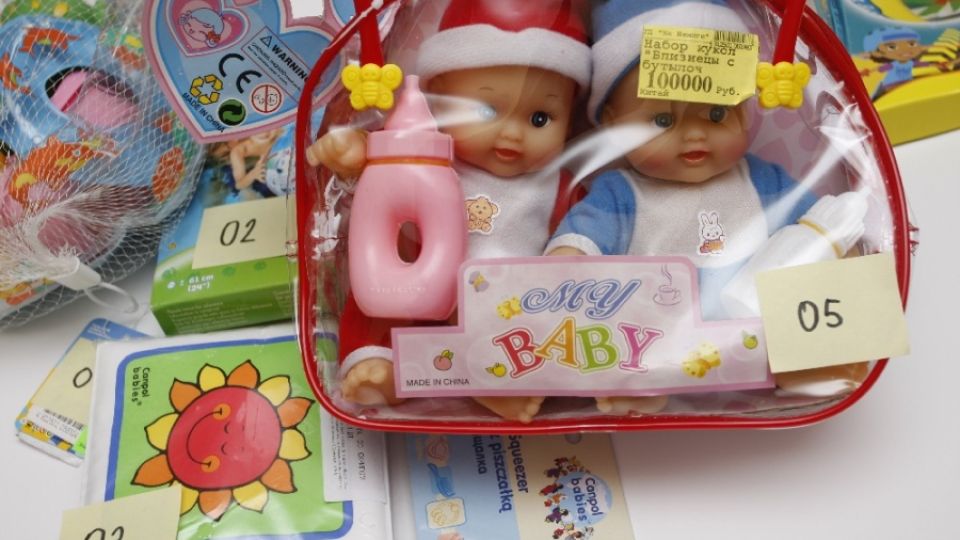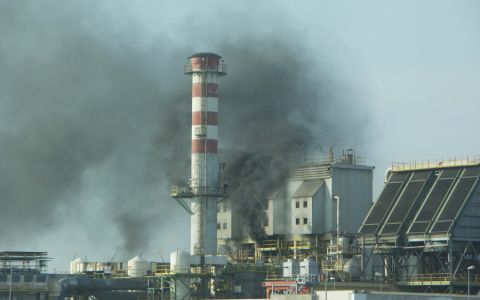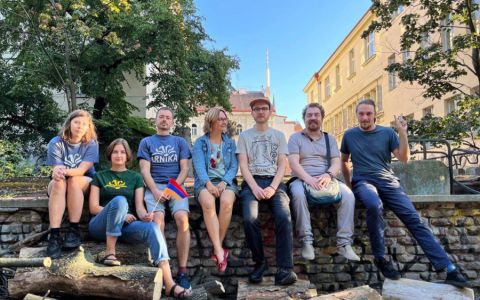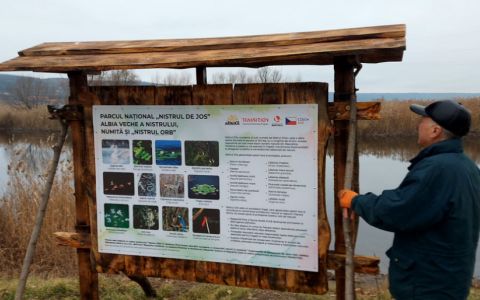To improve awareness of officials and local politicians and to inform experts about the latest knowledge on effects of new chemical substances on human health, and to make information on toxic substances available to people in Belarus. This was the purpose of a conference on chemical safety, organised by the Arnika Association with its partner organisation Centre for Environmental Solutions (CES) in Minsk. The main topics of the conference were persistent organic pollutants, environmental pollution by mercury, and carcinogenic substances in consumer goods.
„We decided to choose these topics because they are topical on the international level, and we have the opportunity to learn from rich experience of the Czech non-governmental organisation Arnika. We want to summarise information on the situation in Belarus, to verify current contamination of the territory, and to find out to what extent the topics concerning toxic substances are included into national action programmes," describes the director of the Centre for Environmental Solutions, Jevgenij Lobanov, the meaning of the conference.
„Arnika has a lot of experience with development aid in the field of chemical substances, for example in Armenia and Kazakhstan, but also with solving a number of cases in our country. I would mention, for example, decontamination of a damaged hazardous waste landfill in Pozdatky. In the past years, more experienced non-governmental organisations from the West helped us. And now, we feel the duty to transfer the acquired knowledge and experience to inhabitants of further states, who want to solve the issue of contamination by toxic substances," adds the coordinator of the Czech project partner, Martin Skalsky from the Arnika Association.
The issue of use of chemical substances in various products, such as toys for children, clothes, building materials, furniture, and food packaging, has been more and more topical. The number of chemical substances used in the manufacturing process, or added directly into the products, has continued to increase. Environmental organisations consider alarming the fact that impacts on the environment and human health were studied in the case of about five hundred of approximately forty thousand chemical substances commonly used, i.e. in the case of only a little more than 1 %. Sufficient data on effects of a vast majority of substances are not available to the scientists.
Currently, Belarusians are paying high attention to dioxins and pesticides, and other substances on the list of the Stockholm Convention (1) are among their priorities. The Convention lists the substances which the international community agreed to significantly limit, especially because of their toxicity. Belarusians also follow preparations of an international agreement intended to significantly limit use of mercury, that should be signed within several months in Japan (2). Environmentalists from Belarus require that they country become a party to the new agreement.
Participants to the conference also support development of chemical safety, and, further, they promote increase of public participation in decision-making in the chemical safety field. According to them, it is an inseparable part of the Strategic Approach to International Chemicals Management (SAICM) in the Republic of Belarus. The event formed part of the project "Strengthening Public Participation in Decision-Making Concerning the Environment, and SAICM Implementation in Belarus", financed by the European Union and co-financed by the Czech Development Agency and the Ministry of Foreign Affairs of the Czech Republic, as a part of foreign development aid provided by the Czech Republic.
Representatives of state bodies, research institutes, public institutions of Belarus and the Czech Republic, European Commission, and others, participated in the event.







